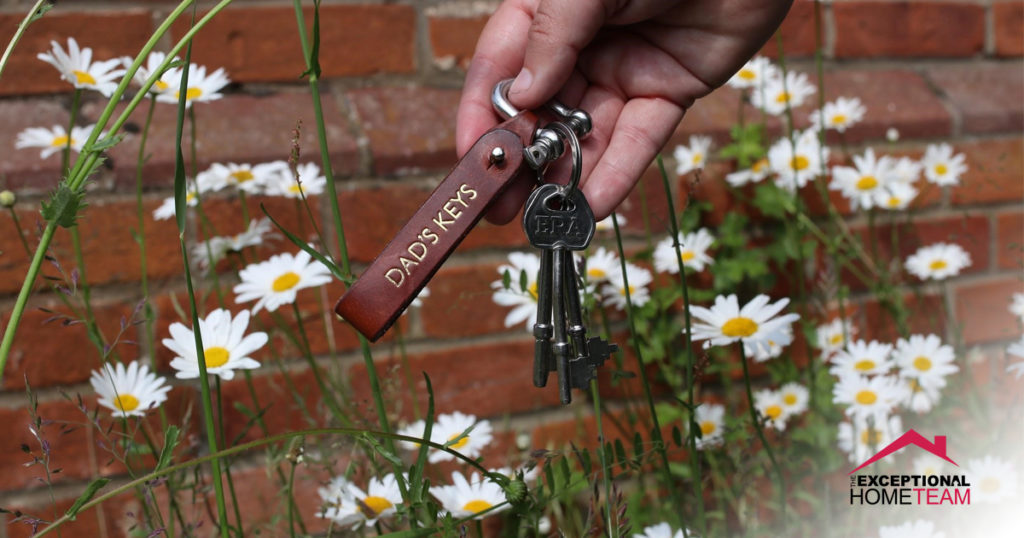Probate For Real Estate Rules Enable An Executor To Sell A House Under Specific Conditions

Rules & Guidelines About Probate For Real Estate Holdings
Probate is a process for administering the estate of a deceased person, which includes collecting the deceased person’s assets, paying their remaining debts, and then distributing assets to carry out their last legal will (or, where there isn’t a will, at the executor’s discretion). As far as probate for real estate is concerned, the will- or court-appointed executor can sell a house included in the probate if necessary. The primary exception to this rule is if the property is co-owned by or legally the community property of a living person (like a spouse) or was directly willed to/inherited by a specific person. What’s more, the executor should sell a house if the will indicates that the value of the real estate assets should be divided between beneficiaries.
Otherwise, the rules regarding probate for real estate depend on the state where the property is. Sometimes, for example, the executor can sell a house only if the sale is approved by the court and/or only if they have received the permission of all the beneficiaries of the sale. In other cases, even if property has been willed to a specific person or the will states that profits should be disbursed among the beneficiaries, the executor can sell a house and use the proceeds to pay off the estate’s debts.
What’s The Process For Selling A House In Probate?
The process for selling a house in probate as an executor of an estate is not that different from selling a home under any other circumstances. That’s because an executor can sell a house with the same tools as any homeowner (so the valuation, listing, and marketing process looks the same). The only exception is that, often, the court will oversee a formal appraisal process as insurance that every executor sells a home for a fair price.
That being said, the final act of actually selling a house in probate does have some unusual extra steps. Specifically, many states require:
- Once a potential buyer submits an offer, the representative of the estate — the executor — must petition the court for a license to sell the home.
- At that time, the deceased person’s heirs receive notification that a petition has been filed, and they are given the right to object to the sale of the home.
- If nobody objects, the court sets a date for a hearing, during which the buyer (and all other interested potential buyers, including friends and relatives of the deceased) will need to appear and submit a bid.
- The highest bidder wins, and must pay the executor a cashier’s check of at least 10% of the offer price (to be managed/disbursed by the estate).
Do you have more questions about selling a house in probate? Feel free to reach out to our team so we can explain it to you in detail.

